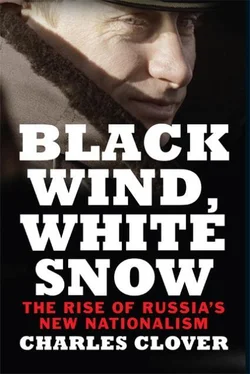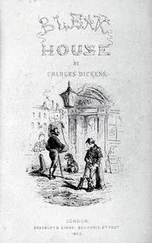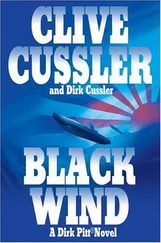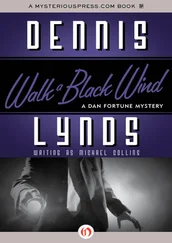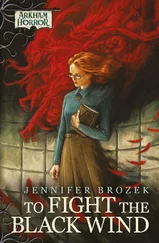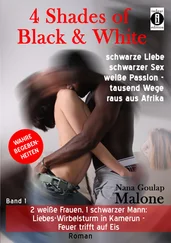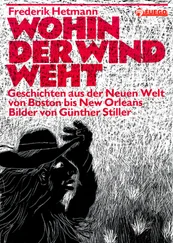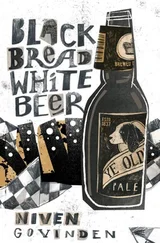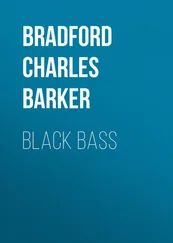Less than a month later, on 9 January 1905, the tsar’s army smashed a peaceful demonstration in St Petersburg, killing at least 200 unarmed demonstrators, and touched off the savage violence of the 1905 revolution, which revolted and shocked Russia’s upper classes. At the time, Nikolay’s father tried to stay aloof from politics, but as rector of the university he was to play a role – one that ultimately may have catastrophically worsened his health and led to his untimely death. That year he met the tsar, as head of a delegation of local councils or zemstvo s, in an attempt to convince Nicholas II to implement reforms that might have saved his throne, or at least saved Russia.
He failed. The only thing the intervention achieved was to earn the family the lasting enmity of Vladimir Lenin, who referred to Sergey Nikolaevich as the ‘tsar’s bourgeois flunkey’ in a derisive obituary after his death that year. That would prove fateful in 1917, when Trubetskoy had to decide whether to return to Moscow or to flee.
The period from 1905 until the final October revolution of 1917 would be one of political and artistic ferment. It was already clear that the monarchy’s days were numbered, and Nikolay’s generation would likely see its end. This was Russia’s Silver Age, an exceptionally creative period in Russian art, literature and poetry, and a reaction to the science and Western philosophy of the nineteenth century.
One of the chief influences of this period came from the writings of Nikolay’s ‘uncle Vladimir’ – Vladimir Solovyev – who had died in 1900 on the Trubetskoy family’s Uzkoe estate, attended by Nikolay’s father. A mystic and religious philosopher (though not Nikolay’s real uncle), Solovyev’s philosophy was an extension of the nineteenth-century Slavophile tradition of idealism and metaphysics. A friend of Dostoevsky’s, he was a model for the character Alesha Karamazov, the cerebral, naïve hero of The Brothers Karamazov . Solovyev’s mysticism epitomized the Russian philosophical tradition at the end of the nineteenth century.
It was the maximalist era of Russian philosophy. Intellectuals like Solovyev were obsessed with the borderlands of reason, where it met the occult, the esoteric and the mystical. Nikolay Fedorov, an ascetic librarian and friend of Solovyev’s, preached that humanity had to devote all its resources to overcoming death and to the resurrection of its ancestors, while Vladimir Vernadsky, a geologist, conceived the notion of the ‘noosphere’, the unity of human reason. Pavel Florensky attempted to unite mathematics and spirituality toward a mystical resolution of all antinomies and apparent contradictions. Solovyev, meanwhile, sought the establishment of a universal church, uniting Catholicism and Orthodoxy.
This was a trend that begat the artistic movement of symbolism, the idea that symbols possessed eternal, primal qualities, which led artists to an exploration of primitive themes and spiritual motifs. In Russia, Alexander Blok, one of Russia’s most gifted poets (and nephew of Solovyev), was thrilled by the idea of apocalypse. His poetry was full of religion, pagan idolatry and eastern cultures. His ‘Poetry of Spells and Incantations’ of 1904 fascinated Nikolay and his peers. Solovyev meanwhile wrote ‘Pan Mongolism’, a poetic ode to eastern barbarians, one of his best-known works:
‘Pan Mongolism! The name is monstrous
Yet it caresses my ear
As if filled with the portent
Of a grand divine fate.’
Eastern themes were no strangers to Russian art: the East mainly shows up in Russian nineteenth-century literature in the form of the wild tribes of the Caucasus mountains, where many a novel or poem was set. But what began to emerge in the Silver Age was something different: a generation of artists began to identify their homeland with the East, rather than using it only as an exotic backdrop for their creations. From the time of Peter the Great and his reforms, educated Russians had identified their land with Europe, and even those who criticized Europe (such as the Slavophiles) did so in a fraternal spirit. The ‘East’ for previous generations of Russians had always been a place that helped Russia to situate itself in the ‘West’.
Not a single intellectual of the nineteenth century had identified Russia with Asia. 18In literature and poetry, Western reason had always opposed Eastern mysticism; Western women versus Eastern slave girls; Eastern savagery versus Western mercy. This orientalist tradition in Russian literature was virtually the same as could be found in the West at the same time, and had seemingly been borrowed whole by Russia in the nineteenth century: Russia’s ‘East’ was defined by Alexander Pushkin in ‘Prisoner of the Caucasus’, Mikhail Lermontov in A Hero of Our Time and Leo Tolstoy in Hadji Murad . The East presented itself in the garb of slaves and sultans, in barbarity and blood feuds; while Russian protagonists, appearing as quintessential rational Europeans, characterized the West. 19Now, a generation of artists was questioning Russia’s ‘Westernness’. ‘As for St Petersburg, it will sink,’ wrote the great symbolist author Andrey Bely, of the city built by Peter the Great as Russia’s ‘Window to the West’. In Petersburg , his most famous novel, a Mongol horseman rides through the city, sowing chaos. Some believed that Russia’s two-decade fascination with the East foretold an imminent catastrophe, the rejection of civilized Western ways and the coming savagery of the Bolshevik revolution and civil war. For others, the East was salvation, a counterweight to the excessive influence of Western scholastic rationalism.
Trubetskoy could not help but be influenced by this artistic and philosophical debate, given his family’s closeness to Solovyev. Despite his elevated social status (he was taught by private tutors rather than in school), he could not remain completely aloof from the prevailing air du temps . He followed the trend towards the study of folk tales, myths and traditions, publishing his first scholarly article on folklore (‘The Finnish Song “Kulto Neito” as the Survival of a Pagan Custom’) when he was just 15; it was followed soon after by another article on the cult of a northwest Siberian pagan goddess: ‘Zolotaya Baba’. Around the same time, in 1904, he began regularly to attend meetings of the Moscow Ethnographic Society, analogous to the Royal Geographical Society in Britain at the time. This was an elite club of aristocrats, adventurers and academics who would meet to ponder the latest discoveries of the age or argue about how to classify and organize the immense patchwork of peoples that stretched across Russia’s empire, from Poland to Manchuria. 20
The Trubetskoy name opened many doors. When Nikolay was 14, he decided that he wanted to meet the president of the Ethnographic Society, Vsevolod Miller. He was quickly granted an audience, and Miller eventually invited him for two seasons to his summer home in the Caucasus to study local ethnology. In 1908, Trubetskoy enrolled at Moscow University, and declared his major to be in history. However, Trubetskoy rapidly became disenchanted with history and transferred in his third semester to linguistics. As he was to explain many years later:
‘[Linguistics] was the only branch of humanities that had a real scientific method, and… all the other branches of the science of man (ethnography, history of religion, cultural history) could move from their alchemic stage of development only if they followed the example of linguistics.’ 21
In 1912, Nikolay married Vera Petrovna Bazilevskaya, and the following year he was appointed a candidate professor in the department of comparative linguistics and Sanskrit on the recommendation of Viktor Porzhezinsky, the chairman. His letter of recommendation survives: ‘His [Trubetskoy’s] outstanding talent, wide reading in the literature of the subject, and finally, rare work ethic has shown itself in full measure in his various studies of linguistic science.’ Nikolay’s mentor also found it relevant to mention that he was the ‘son of the deceased rector’.
Читать дальше
